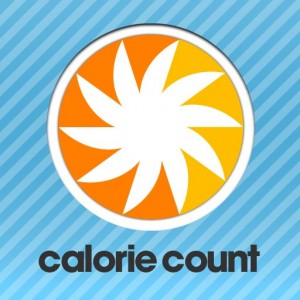Photo: Facebook Page of Calorie Count
TORONTO–Ontario’s governing Liberals are expected to announce legislation Monday that would require large chain restaurants to put calories and other nutritional information on their menus and menu boards.
Health Minister Deb Matthews was coy about the timing of the long-promised bill last week, saying it would come “very, very soon.”
The government promised last October to introduce legislation that would make Ontario the first province to make menu labelling mandatory.
It has consulted with health-care groups to hear what they want to see, as well as businesses, Matthews said.
The Liberals also sought advice on how to reduce the marketing of unhealthy food and drinks aimed at children.
One of the issues was whether sodium counts should be included in the menu labelling.
“Some people would say you need more than just calories; you need sodium, you need trans fat, you need sugar,” Matthews said.
“There are a number of different things that people wanted to see included on it. What we committed to is it would be calories and we would listen to what people had to say.”
She said the rule would only apply to big chain restaurants.
“We don’t want this to capture the mom-and-pop restaurants or a restaurant chain with just a handful of locations,” she said. “So we’ve consulted with the industry on that.”
Obesity is a growing problem in Ontario that comes at great cost. The province said in 2012, that it spent $4.5 billion caring for people struggling with obesity.
According to the World Health Organization, between 48,000 and 66,000 Canadians die each year as a result of nutrition-related heart disease, stroke, cancer and diabetes, said Bill Jeffery, national co-ordinator of the Centre for Science in the Public Interest.
He said he believes more than half are associated with too many calories and too much sodium. But it’s difficult for people to know what they’re getting just by looking at the food, particularly when it comes to sodium.
Many big restaurant chains provide nutritional information in brochures, small wall posters and on their websites.
“Most people don’t do research before they go to a restaurant,” Jeffery said. “And most people don’t even think to ask for a brochure.”
It’s also difficult for customers to wade through the sea of fine print to find the sodium and calorie counts.
“It’s information overload,” he said. “It’s too small for most people to see and it’s too hard to find the key information in all of that.”
Jeffery said he’d like to see the calorie and sodium counts displayed prominently with the price of the food on the menu boards.
He also noted the United States is expected to soon make calorie labelling mandatory in restaurants across the country.
